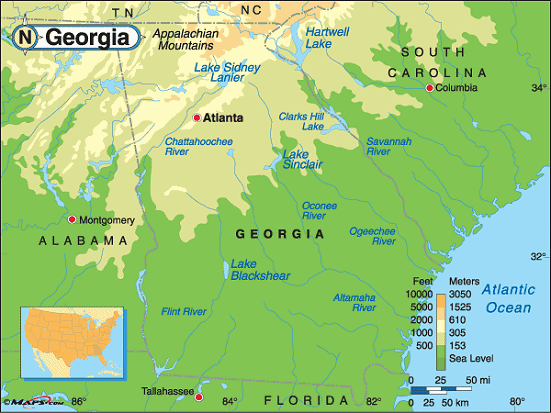With this being my final blog post for the class, I am really quite sad that I’m almost finished learning about social justice and diversity. The biggest thing we have been taught so far is about learning to accept and tolerate others (and students) who are different from us or our views of “normal”. Though the class is almost finished, I’m not ready to be done learning how to be a better person… but I don’t have to be finished, and neither does my class.
There is this really awesome website for teachers called www.tolerance.org and it has incredible resources for teachers who are trying to teach their classroom to be more tolerant of others. tolerance.org was created by the Southern Poverty Law Center “is dedicated to reducing prejudice, improving intergroup relations and supporting equitable school experiences for our nation's children” (Southern Poverty Law Center). It is a resource for teachers to find videos and lessons, and to read about reducing social injustices within the classroom. Through the website, it allows you to search by grade level, topic, or type of resource for uses within the classroom.
I think this is a really awesome site because it can help teachers integrate learning about social justice without looking too hard or creating their own curriculum. I feel that we could all make our classrooms more tolerant and aware of our surroundings. With this site, we can actually implement learning about social justice. That is pretty awesome. These resources, especially the ability to search by topic, is really awesome because we can simply be learning about something as simple as the Civil Rights movement or something as complex as gender expression, and the website has something that could be helpful for all of it.
If you are an educator or future educator, this group and website is an excellent way to help your classroom become an equal playing field for all students. It can help students better understand each other and their surroundings.
Resources
Teaching Tolerance. (n.d.). Teaching Tolerance. Retrieved April 2, 2014, from http://www.tolerance.org
